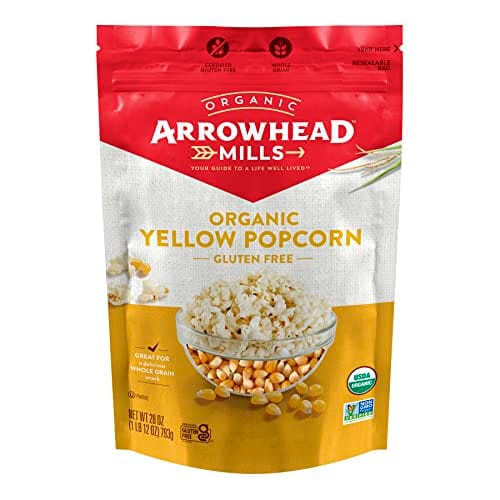The Food and Drug Administration (FDA) recently took a major step towards eliminating artificially-produced trans fat from the foods we consume. It's lifting the "generally recognized as safe" (GRAS) designation that partially hydrogenated oils (PHOs) have carried for many decades.
PHOs are the major dietary source of artificially-produced trans fat in processed foods. And while the FDA made a preliminary determination that PHOs were no longer safe back in 2013, they are just now finalizing that action.
Food manufacturers will have a three year compliance period to phase out the remaining uses of PHOs in processed foods like crackers, cookies, cakes, microwave popcorn, stick margarine, coffee creamers, refrigerated dough products and ready-to-use frostings.
Why is this happening?
There are significant concerns about the negative health effects of artificial trans fats, says Tom Brenna, professor of human nutrition and of chemistry at Cornell University in Ithaca, New York.
Indeed, trans fat intake has been shown to be harmful to our health, but we're still being exposed to it. A recent report from the Environmental Working Group found that 37% of foods in the grocery store may have trans fats.
And even foods that claim they have zero trans fat may still have some. Under current regulations, companies can label products as having no trans fat if it contains less than 0.5 grams per serving.
Here's what you should know about the ban on trans fat:
- It's for our health
Trans fat has been linked to coronary heart disease. It raises LDL cholesterol (bad cholesterol) levels and contributes to the buildup of plaque inside the arteries, which can lead to heart attack and stroke, notes Elizabeth Racine, associate professor of public health at the University of North Carolina Charlotte.
The removal of artificial trans fats from processed foods could prevent thousands of heart attacks and deaths each year, according to the FDA.
PHOs may also cause problems with pregnancy.
"In my opinion, less solid but more ominous evidence is that partially hydrogenated fats are bad for women who are trying to get pregnant or stay pregnant," says Brenna.
- Trans fat won't be completely gone
Trans fat doesn't occur only in processed foods -- it also naturally occurs in animal products such as meat, milk and other dairy.
That means that many people will still get some trans fat in their diet. Yet while the FDA suggests limiting your trans fat intake, it may be OK to consume some natural trans fat.
Natural and artificial trans fats are very different chemically, notes Brenna. And "There is not a shred of evidence that consumers should stay away from any food suspecting it has natural trans fats," he says.
- You probably won't notice
Racine doesn't think consumers will notice a taste difference when trans fats are phased out of packaged foods.
That's because even though many processed foods currently contain artificial trans fats, there simply isn't much per serving, she notes.
And Brenna says not to underestimate the ingenuity of innovative experts to find viable alternatives to trans fat.
However, don't be surprised if you do notice a taste difference in foods that don't require a nutrition label. With the new regulations, foods sold in restaurants, schools and bakeries could surprise your taste buds, notes Racine.
What to do in the meantime
Keep in mind that choosing foods with even a small amount of trans fat can add up to be significant, notes the FDA.
If you want to avoid trans fat while it's slowly being phased out, Racine advises checking the nutrition information available at restaurants and asking if they use artificial trans fats.
In grocery stores, stick with fresh fruits, vegetables, dairy and meats, she says.
"Read the label, and if it says 'partially hydrogenated,' then don't buy it," notes Brenna. Instead, he suggests making your own frosting, dry popcorn and other foods you would find in a package.




